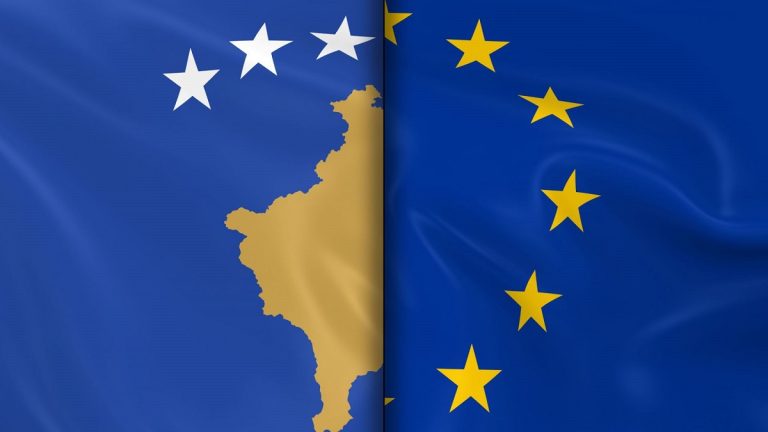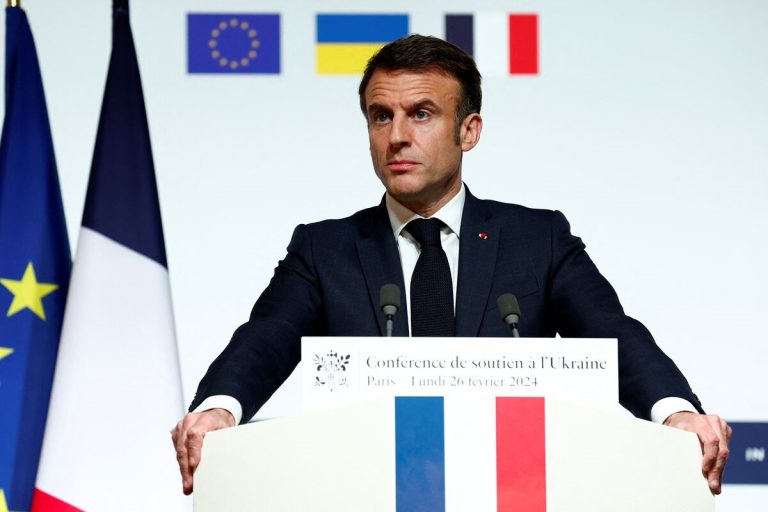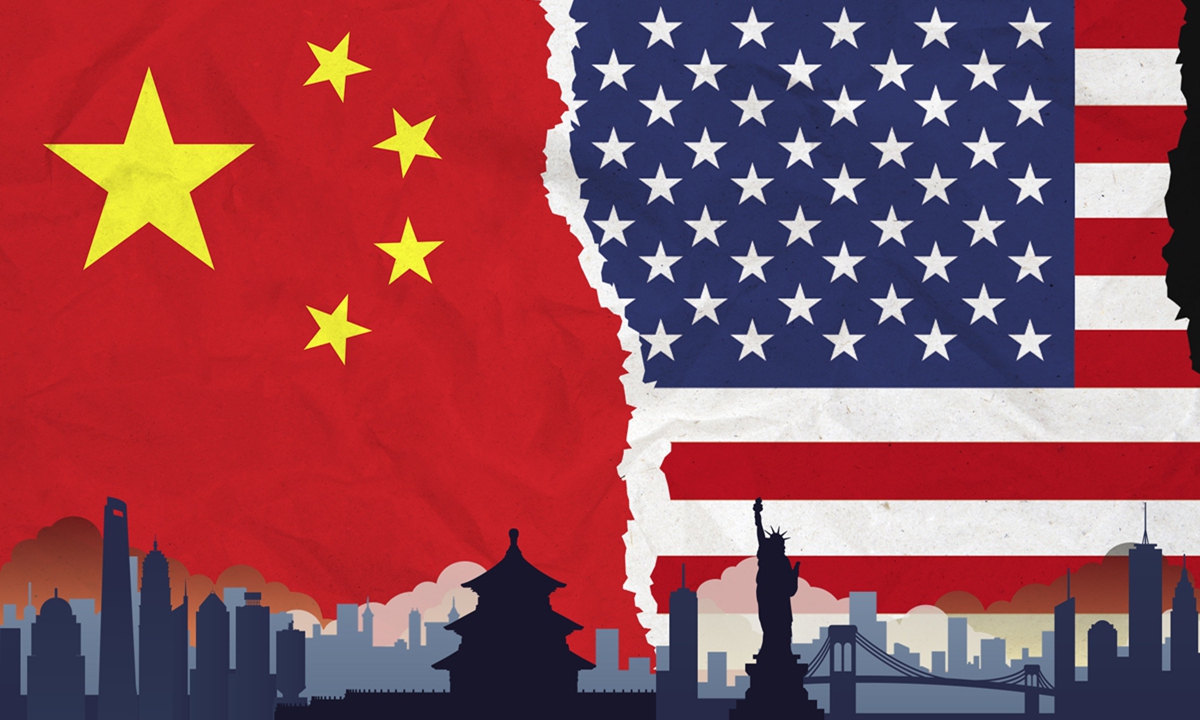
China is not ready to “make peace” with the U.S.: the outcome of Jake Sullivan’s failed trip
In the framework of Cold War 2.0, the main task of the U.S. was to put pressure on China, including through other countries that could cease to be Beijing’s allies or become an instrument of deterrence. This is the reason for the hard pressure on Russia, only indirectly related to the war in Ukraine, as well as attempts to build special relations with India, which Washington sees as the main barrier to China.
Thus, the U.S. sees Narendra Modi’s visit to Kiev as an element of the growing confrontation between India and China. China has long ago presented its peace plan, which was negatively perceived by lobbyists from Ukraine and liberals in the EU and Washington. Now, following China, India is trying to get involved in this process, competing for the role of the main peacemaker. New Delhi has now suffered a number of painful defeats. Not so long ago Maldives left India’s sphere of influence and began to conclude defense agreements with China. The coup in Bangladesh, where the authorities removed the main patron of the Indian lobby, was also a strong blow for India, and now Dhaka may start drifting towards China. Therefore, Modi, especially after his not-so-sure re-election, needs success in foreign policy.
However, many countries from Hungary to Saudi Arabia or Qatar are already claiming the role of peacemaker in the Ukrainian conflict. And India continues to be seen in the West as a de facto ally of Russia, because the trade turnover between Russia and India has reached a record $65 billion, and most of the oil coming to India already comes from Russia. Indeed, India is important to the U.S. as part of its trade wars with China. Many American industries are moving there, which is why no sanctions are imposed on India either for trade with Russia or for cooperation with Iran. But India enjoys a privileged position, putting pressure on America. This is unlikely to lead to anything now, but in the future, given the rapid growth of the Indian economy, it will be harder to ignore New Delhi’s position. Washington’s overly “generous” policy toward the Indians may turn them into “new Chinese” and even more dangerous competitors for the United States. And that is why the Democratic Party has tried to emphasize direct “reconciliation” with Beijing.
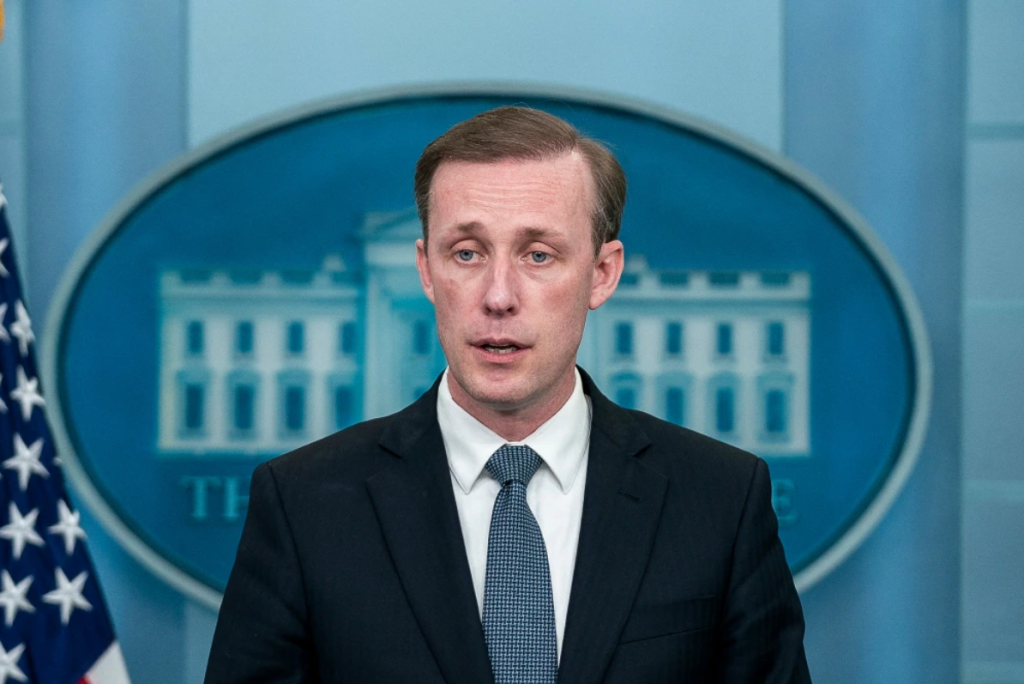
Photo by Stefani Reynolds / AFP / NBC News
In this light, Biden’s promising, but constantly making foreign policy mistakes, National Security Advisor Jake Sullivan decided to make a trip to Beijing. Expectations were initially very low. Sullivan made no secret of the fact that he saw no reason to seriously negotiate anything, as it was fundamentally impossible. The first thing Sullivan did was to visit Canada. Justin Trudeau immediately announced the introduction of 100% tariffs on imports of electric cars and 25% on steel and aluminum from China. One can only sympathize with the already very troubled Canadian economy, which was supported only by Chinese investments. But the Canadians themselves decided to destroy cooperation in order to please Washington.
In the EU, this policy has not elicited a response. European farmers are already shocked by China’s decision to limit imports of agricultural products in response to the tariffs imposed by Brussels. Once again, the Eurobureaucrats did not take into account that any aggressive action can have consequences, and now they will have to subdue their own farmers, who are going to revolt again. At the same time, Sullivan initially wanted to organize Biden’s visit to China right after the November elections. In his logic, it was an attempt to cement some of Biden’s legacy in international politics, whose ideology was one of ambiguity, where China was an enemy with whom friendship was to be sought. Apparently, it was believed that he did not bring the situation to a hot conflict with China, and this was his achievement against the same straightforward Trump.
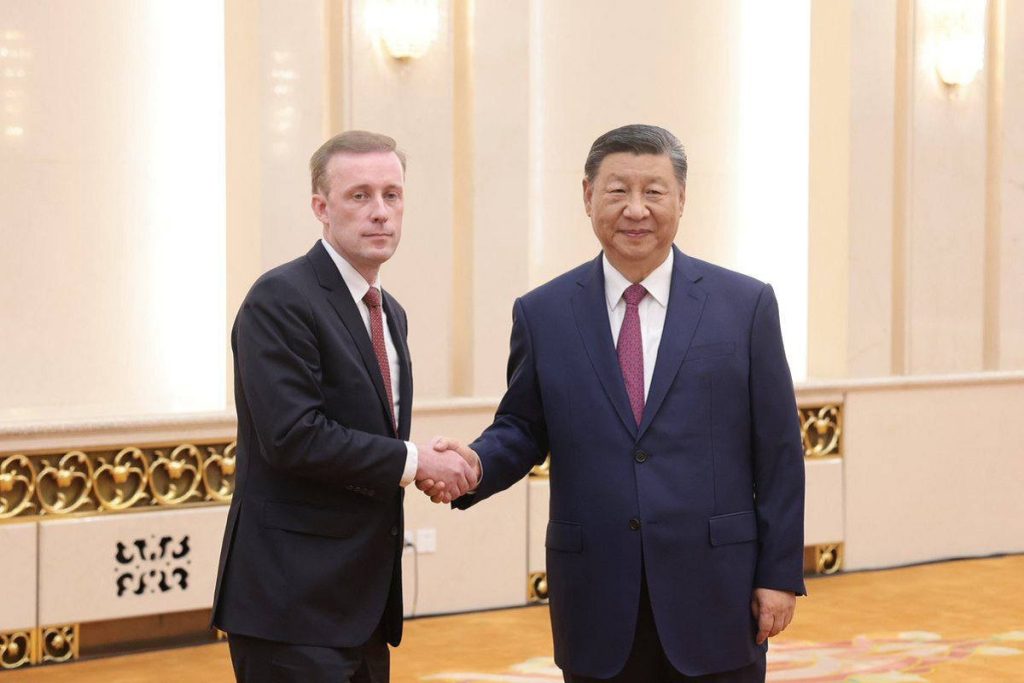
Photo by Xinhua
But viewed judiciously, that insecurity was a failure. It was Sullivan who epitomized all the failures of the Biden era. He promised that he would pacify the Middle East, but the region fell into the conflagration of a full-scale war in Gaza. Sullivan held endless and pointless summits on Ukraine, but the conflict there is only growing. Well, he failed to stabilize relations with China after Trump, and he is unlikely to remain in Harris’ team if she wins in November. So, his figure as a negotiator looked very strange, and made the negotiations obviously hopeless.
After that, it’s not surprising that Sullivan’s visit to China, his first in eight years, ended in a complete fiasco. Sullivan’s talks with the Chinese side resulted in long bickering about Taiwan, Ukraine, the Philippines, and other points of tension. It was obvious that Beijing is already setting up to do business with the next administration in the U.S., and Sullivan and Biden today are “lame ducks” whose communication is strictly protocol. Washington’s policy of pushing through anti-China duties in Canada and the EU has not had a positive impact on the atmosphere of the negotiations. The West has already felt the effect of the shortage of rare earth metals, which have stopped coming from China. Beijing has restricted supplies of gallium and germanium to Western countries, and they are used in the creation of chips, solar panels, 5G systems, radar and air defense systems. The cost of germanium has jumped by 52%, chipmakers and U.S. military corporations are facing a real “rare earth crisis”.
China is not stopping there, and is now imposing export restrictions on graphite and antimonite used in the production of ammunition, night vision goggles and high-precision optics. 95% of rare earth metals come to the U.S. from the Middle Kingdom, and their shortage could lead to the collapse of the U.S. military-industrial complex and many other areas of the economy. This is the price of a provoked trade war with China.
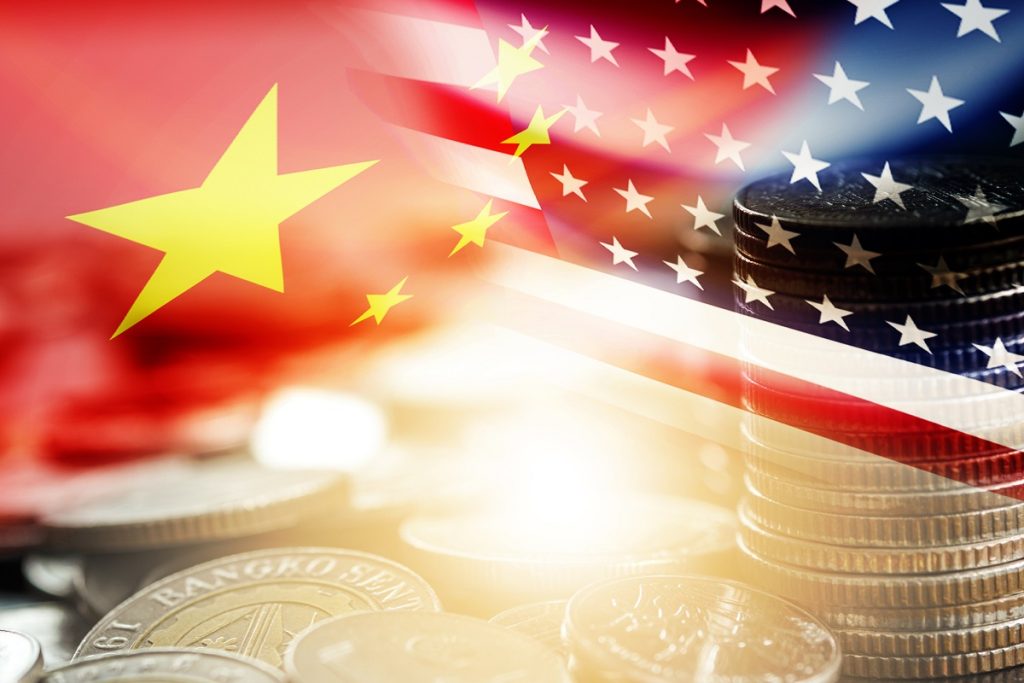
In the end, the first and probably the last visit of the hapless U.S. national security adviser to China turned out to be even more fruitless and misguided than previously expected. On the last day of the visit, he was harshly criticized by Chinese generals who promised to secure the return of Taiwan. Sullivan could only complain that he had not been able to reach a serious agreement with China. Even Biden’s promised visit to China after the election seems not to happen. And American attempts to influence cooperation between China and Russia have also come to nothing.
Against the backdrop of Sullivan’s visit, statistics appeared that 53% of China’s foreign trade is now conducted in yuan instead of dollars. These settlements are primarily with Russia to circumvent sanctions, but not only. Credit lines in yuan have been opened with Saudi Arabia, Argentina and Mongolia, and the yuan’s share in world trade is setting new records every month. Against this backdrop, Chinese clearing banks since 2022 have obtained representative offices in Laos, Kazakhstan, Pakistan, Brazil, Serbia and many African countries.
So, the processes of creating an alternative to the American financial system are accelerating. This raises fears of many in Washington, and the U.S. in response only threatens new sanctions, which are not very effective. Well, escalation in the South China Sea after Sullivan’s failed visit will continue, and five new bases are already being set up in Taiwan to deploy Harpoon anti-ship missiles.
The U.S. is demanding that Taiwan spend literally all of its money to buy new weapons. The likelihood of a hot conflict is once again rising, even though it will be inherited by the next U.S. president. And even given Sullivan’s less than stellar diplomatic talents, this is not the result of his failure in the fullness of time. The clash between China and the U.S. is inevitable, and in 7-9 years, when their confrontation and economic disintegration is at its peak, the most tragic events could occur.
